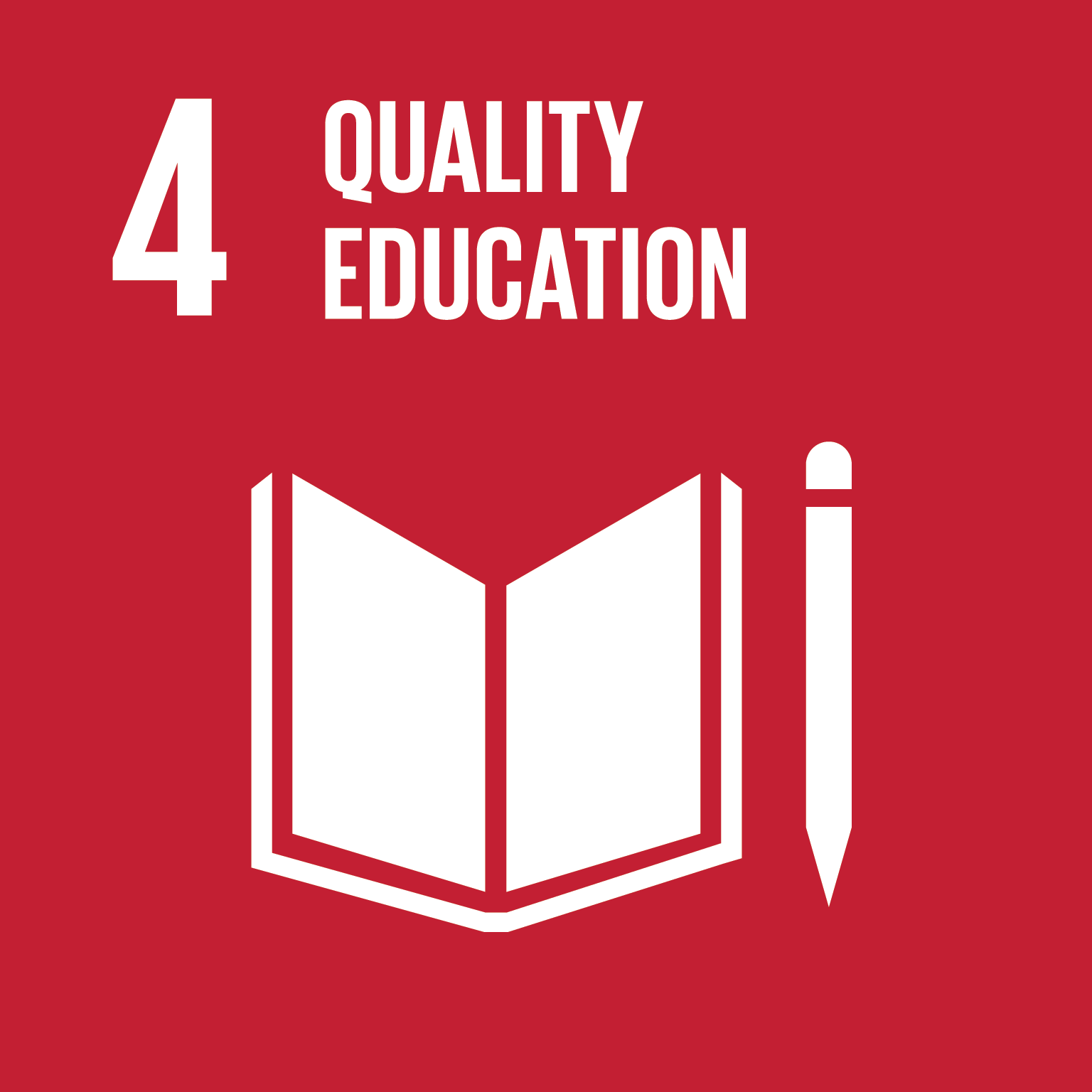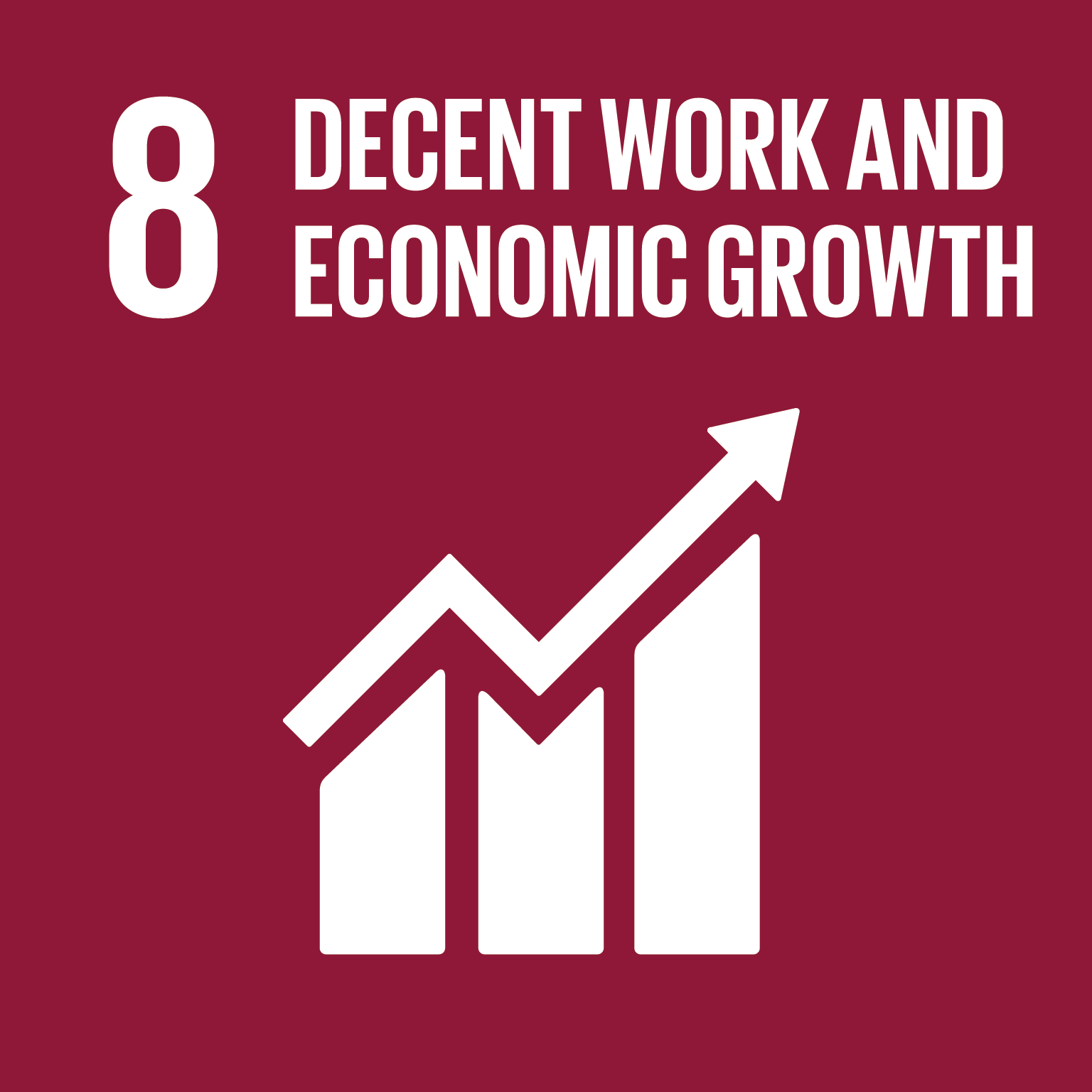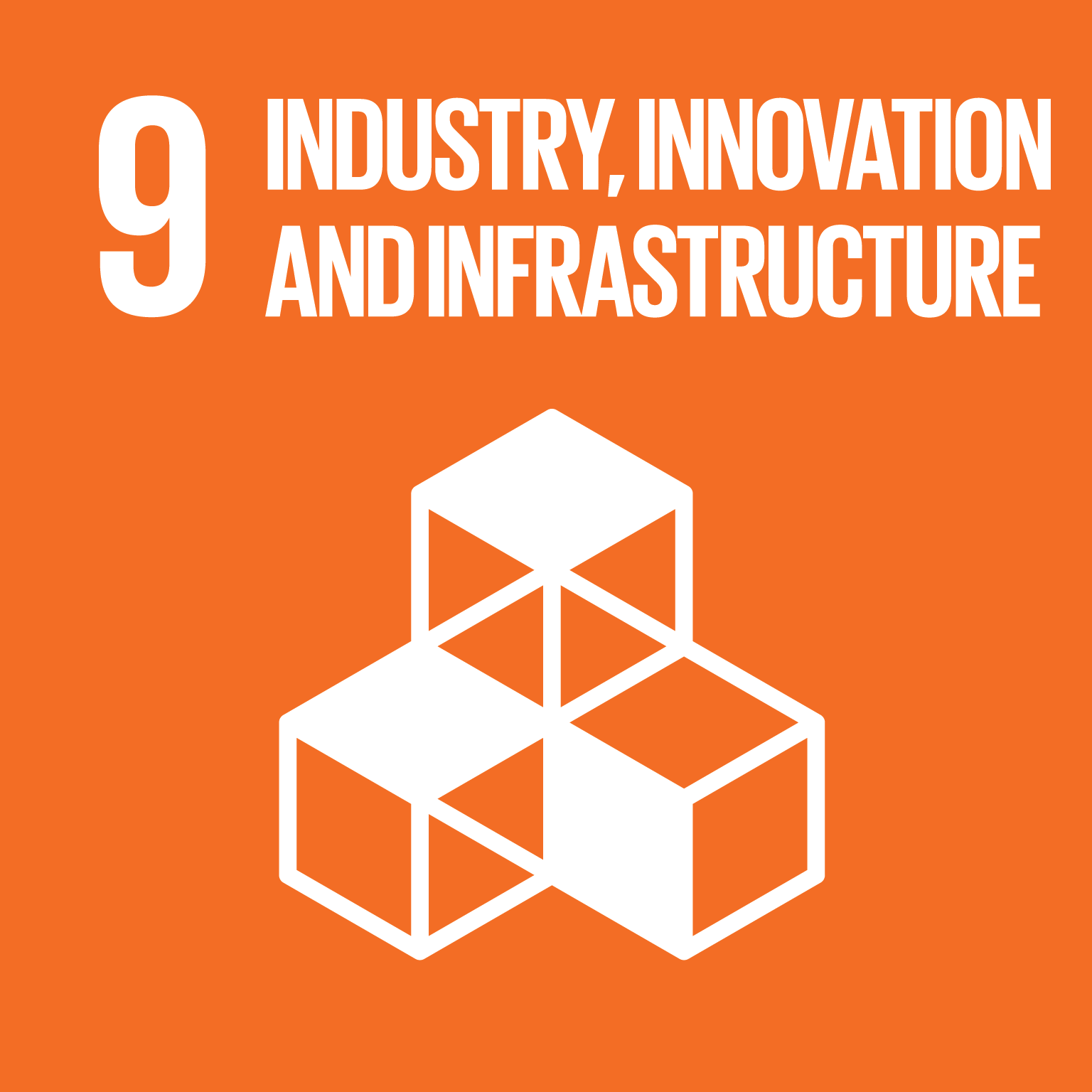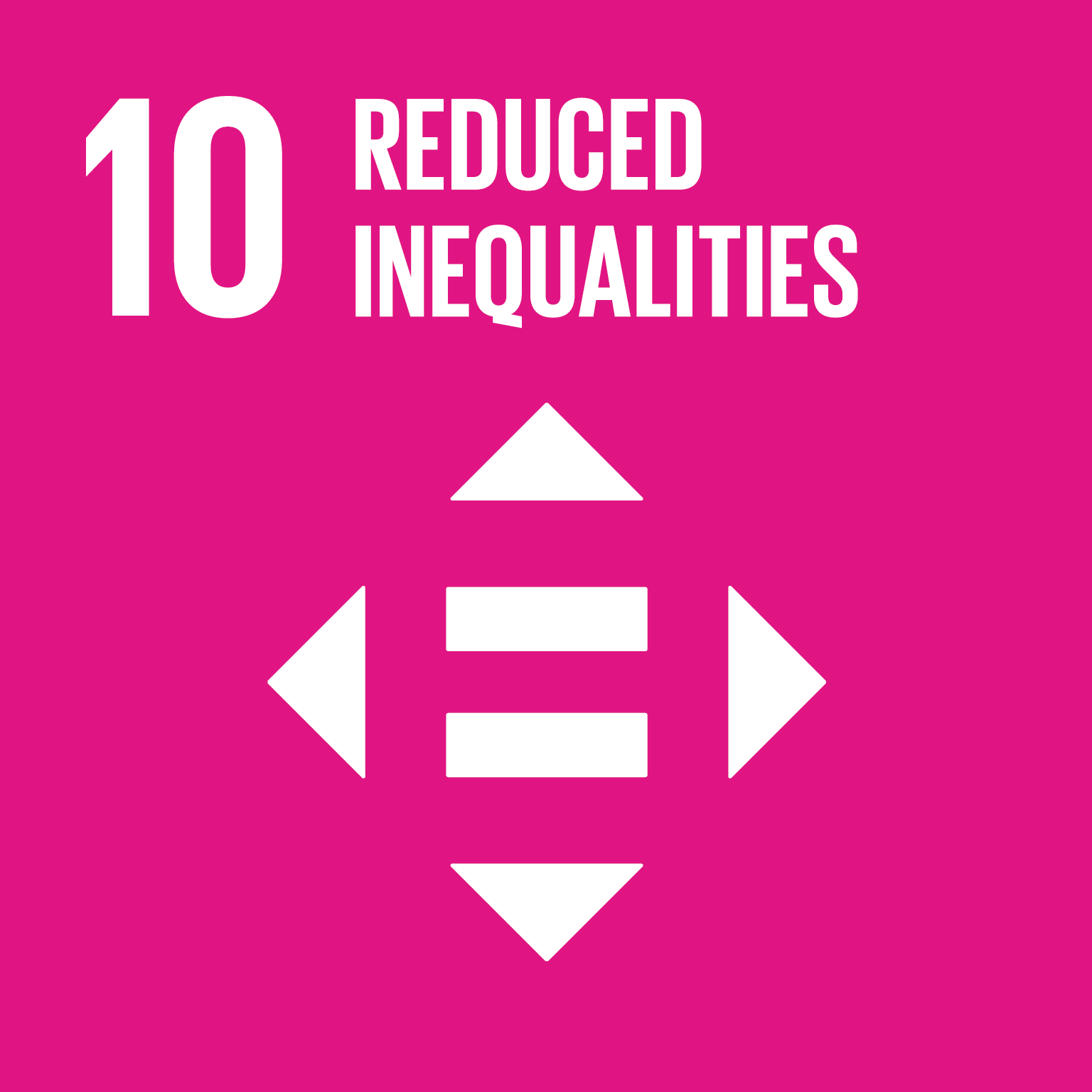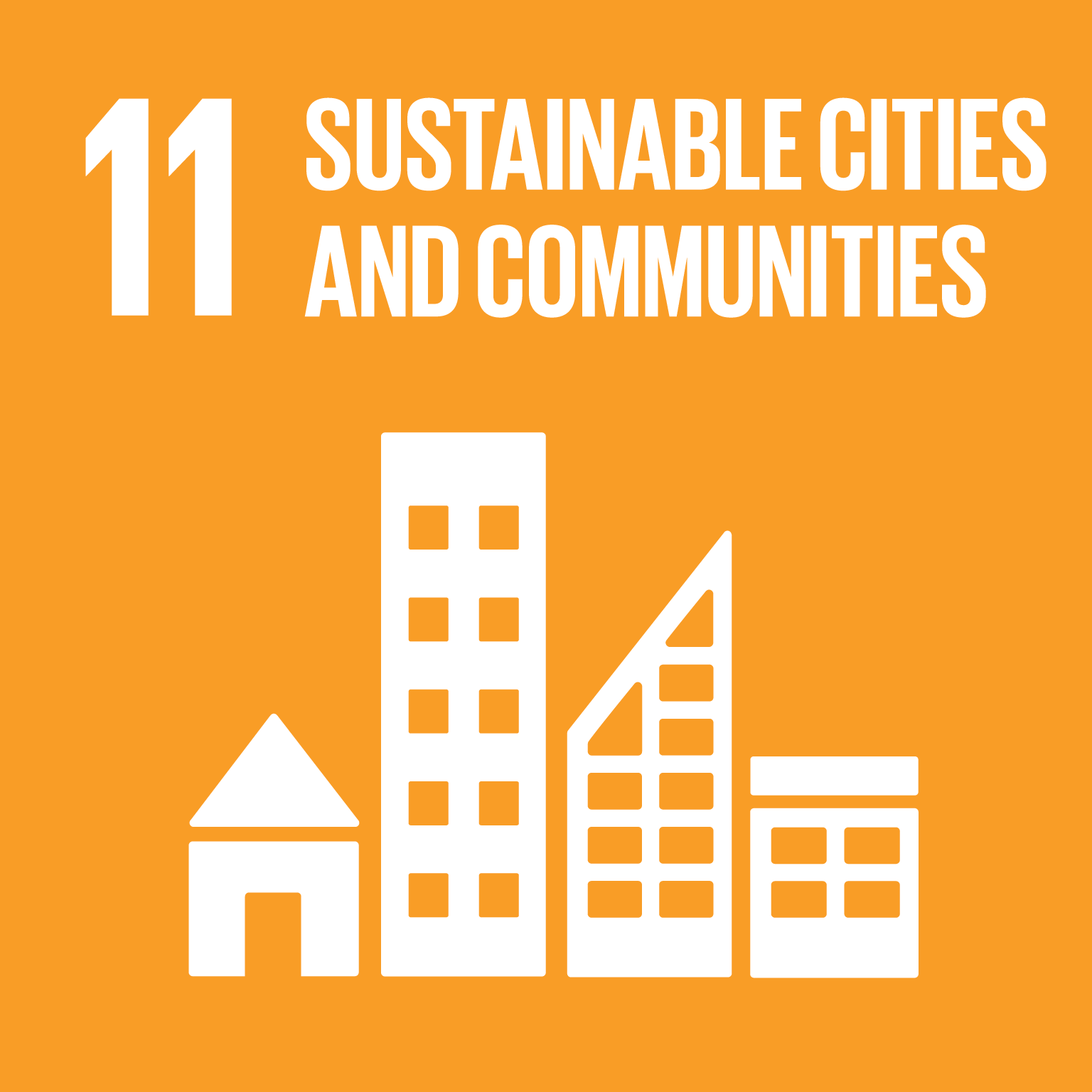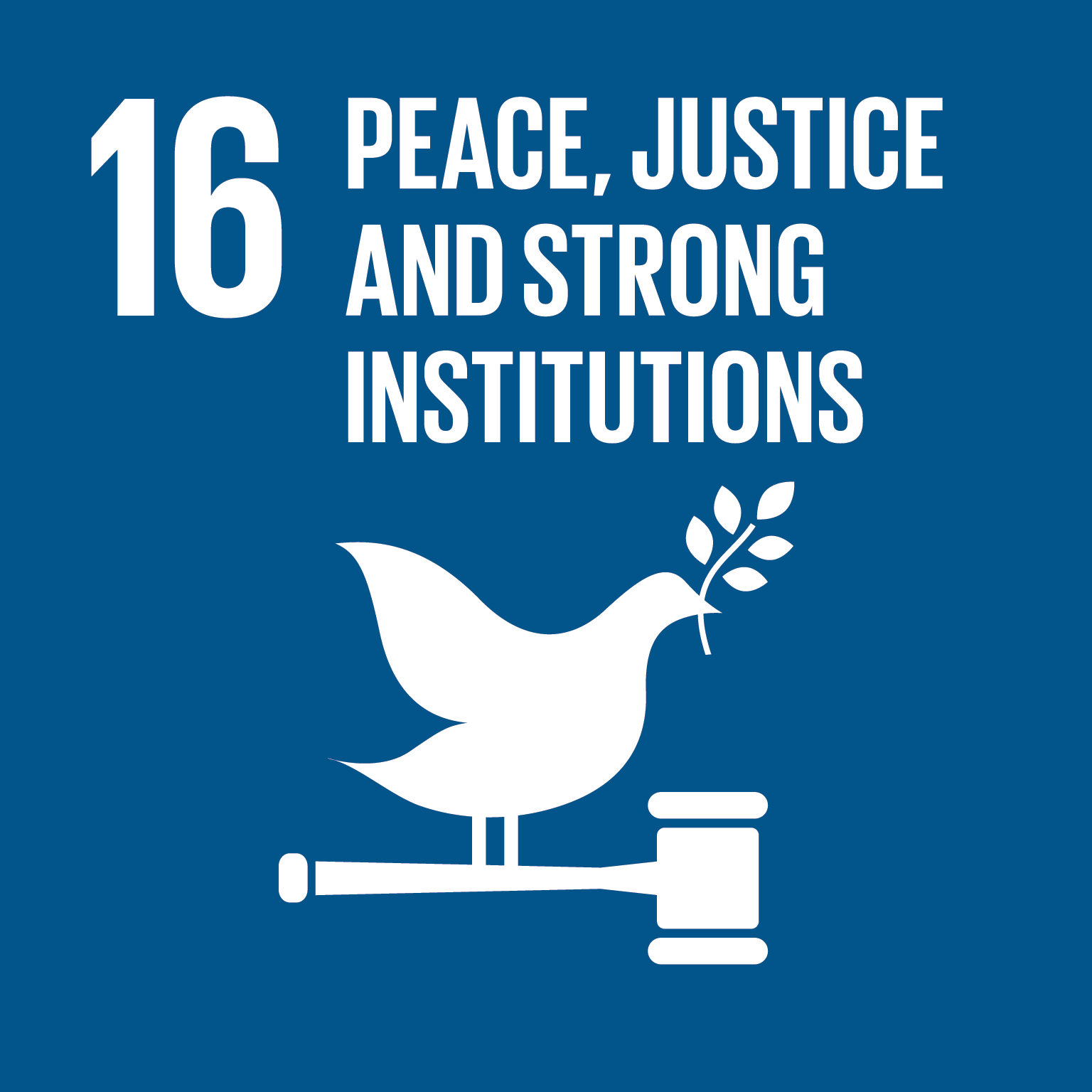Sustainable Development Goals
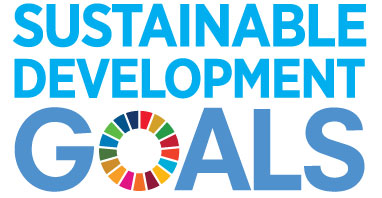
The Congress's work focuses on 12 out of the 17 objectives defined in the United Nations Agenda 2030.
As the unique body responsible for monitoring the application of the European Charter of Local Self-Government, the Congress regularly assesses the quality of local and regional democracy. It also contributes, through a wide range of activities, to building inclusive and sustainable societies.
The Congress views the concept of sustainability in a broad sense of the democratic, social and economic sustainability based on key principles: Achieving SDGs is a shared responsibility of all levels of government - Local and regional authorities must have proper competences and financial autonomy - Citizens must always remain at the heart of the action.
The co-operation programmes and projects of the Congress contribute to the fulfilment of the United Nations 2030 Agenda for Sustainable Development, in particular to the Sustainable Development Goals 5 (Gender equality), 10 (Reduced inequalities), 11 (Sustainable cities and communities), 16 (Peace, justice and strong institutions) and 17 (Partnership for the goals).
In order to implement successfully the SDGs, the Congress cooperates with a wide range of actors:
- its institutional partners within the Council of Europe, in particular, the Parliamentary Assembly which adopted, in 2019, a resolution calling for greater synergies between the two institutions in the implementation of the SDGs, and the Office of the Directorate General of Programmes;
- international organisations representing local and regional authorities, such as United Cities and Local Governments (UCLG);
- European institutions, as the Committee of the Regions, the Conference of European Regional Legislative Assemblies (CALRE), the Assembly of European Regions (AER), the Council of European Municipalities and Regions (CEMR) and the Association of European Border Regions (AEBR).
Urban Charter II
Thematic activities
Children and sustainable cities
Booklet: “How to make your town a better place”
Guidelines for local and regional authorities on sustainable development and child participation
For more information : click here
Achieving the sustainable development goals: European regions between balance sheets and prospects






